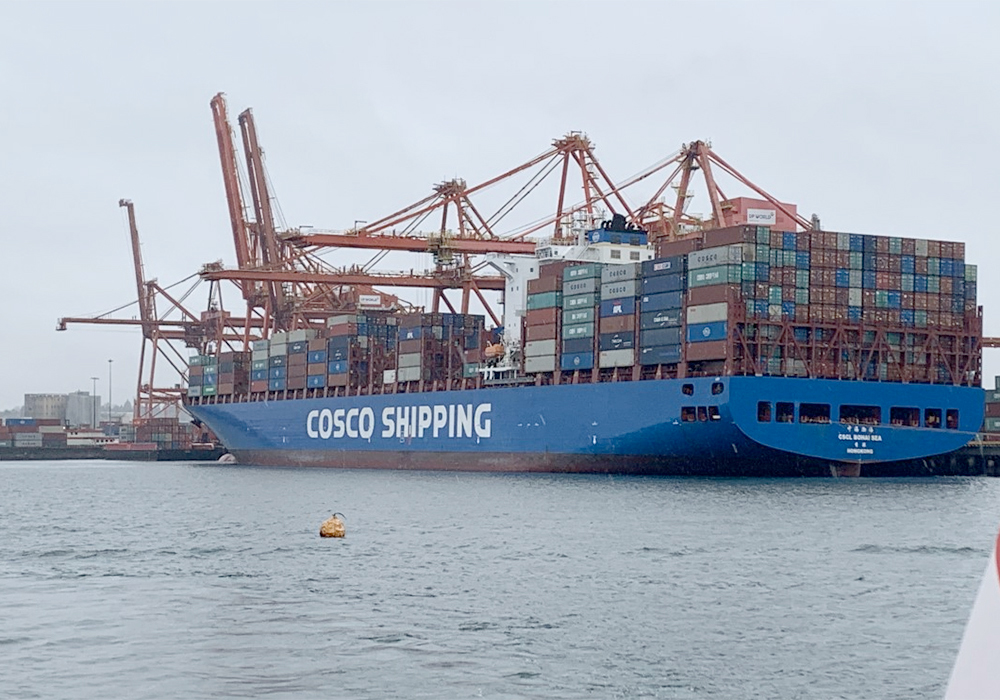Initiative that grew out of recent national supply chain summit welcomed by major agricultural commodity groups
The national supply chain summit held in late January was a good first step toward fixing issues within agriculture, particularly when it comes to container shipments, according to several participating organizations.
President Greg Cherewyk said Pulse Canada has been calling for a national dialogue on shipping issues since the fall of 2019, and welcomed the announcement afterward that a national task force would be formed.
Pulse Canada, Soy Canada and the Canadian Produce Marketing Association, all members of the Coalition to Fix the Container Crunch, say containerized freight is their focus.
Read Also

Agriculture ministers commit to enhancing competitiveness
Canadian ag ministers said they want to ensure farmers, ranchers and processors are competitive through ongoing regulatory reform and business risk management programs that work.
“We want to prioritize the containerized freight supply chain task force because that’s the one failing the most right now,” Cherewyk said in an interview. “It is the one that is causing pain for importers, for exporters, and it’s definitely something that consumers can appreciate the impact of in availability on store shelves.”
He said individual task forces in different sectors would be useful.
“Each supply chain is different across the country in different sectors,” he said. “In agriculture alone we have bulk train to bulk vessel. We have carloads to bulk vessel. We have source loading containers and intermodal … carload to transload, transload to containers. Each one of those involves different ordering processes and interaction with railways.”
Cherewyk said the task force needs a dual mandate to look at the near term and then a more comprehensive examination of supply-chain resilience.
“You’ve got to oversee a more exhaustive process, one that looks at the entire supply chain from origin to destination, really analyzing every interaction between each stakeholder with the goal of identifying where there are chokepoints, where there are bottlenecks and where there are constraints, and then looking at what we need to do to build in buffers at each one of those points,” he said.
He also said agriculture has to be part of the bigger process because assets and infrastructure are shared among stakeholders.
He noted the industry has been focused on supply chains for a long time, with the crop logistics working group a good example of collaboration.
Federal agriculture minister Marie-Claude Bibeau, who was among the six ministers participating in the summit, said the challenges in the agricultural supply chain are diverse.
She said the concerns raised at the meeting highlighted the need to prioritize critical goods and standardize some of the regulations.
Bibeau said the discussion reinforced the need to double down to address congestion and bottlenecks.
Transport minister Omar Alghabra said the summit was not the end of the conversation. There will be regional and sectoral sessions for different industries with a view to developing a comprehensive plan that ensures a strong, resilient supply chain.
Cherewyk said the crop logistics working group recently commissioned work around resiliency, and the agricultural industry as a whole looks forward to contributing to the broader task force.
















